Mozambique Insurgency grows at 'sensitive' time for TotalEnergies' return - AFP
Egesse crosses the river every day to go to school in Mozambique – Lusa

The construction of a bridge linking the two districts "would be an incentive" for trade and agriculture, Maximiano Macapula, head of Mandie's administrative post, tells Lusa. In addition, it would promote the accessibility to education essential to eradicating illiteracy. [Photo: Lusa]
Egesse Patrício is 15 years old. She resisted early marriage when she finished primary school. Now, she has a different challenge to face, in order to continue studying. Every day, Egesse walks 14 kilometres and then crosses a river by canoe to continue her studies.
Mizung village, Egesse’s birthplace in Tete province, does not have a secondary school. Usually, when children in the region complete primary education, they are “handed over in marriage” or sent off to herd cattle.
Such practices are strongly discouraged by school councils struggling to eradicate illiteracy, facing the several types of adversity on the path and access to education.
Nonetheless. these practices prevail among village elders.
Any child who challenges them has to seek teaching in Mandie, an administrative post located in Guro district, Manica province. As does Egesse.
She walks several kilometres on narrow clay paths and crosses the Luenha River, an arm of the Zambezi, in a canoe carved by hand or wading waist-deep in water, depending on the time of year and the flow.
“I study in Mandie,I pass through here every day, and now I cross this river in a canoe to manage to get to school,” Egesse Patrício tells Lusa in Nhungue, the local language of Tete.
The young girl had the rare support of her parents in resisting the elders in her village and continuing her schooling in Mandie.
A total of 46 students from four villages in Tete’s Changara district (Chambuluca, Gama, Mizunga and Nhamagoa) cross the Luenha River every day to attend school in Mandie, a village of precarious houses of wood and clay, only a few built of masonry all amidst the rubble of old colonial buildings.
The 50-metre river crossing is made, in this dry season – when the water level is low – in two stretches: one deeper, using canoes made from tree trunks, and the other on foot with the water up to the knees or the waist.
“This side (Gama) has no secondary school, so we have to cross the river, on foot or sometimes by canoe, to study in Mandie,” explains Domingo Afonso, 15, a ninth-grade student who has been studying there for two years.
Another student, Enelma Fernando, 15, an eighth grader, says that at the beginning of the school year the river “was violent” for several days and she missed some classes because her parents would not allow her to cross.
Resident Joaquim Matchissa once had his two children studying in Mandie. He confirms the apprehension, which is greater during the rainy season (October to March), its start coinciding with the beginning of the school year (February).
Other parents rent huts on the Mandie bank so their children can study without risking a river crossing.
Cristopher Baera, principal of Mandie High School, says he has been encouraging parents to place students in boarding, in a space formerly made up of of precarious construction [huts made of sticks and grass] , but now improved to masonry dwellings. Boarding avoids daily river crossings.
However, this year, only two new students joined.
It is a challenge, Baena recognises. “We are battling against illiteracy, even with children crossing the river,” he says.
And those who don’t want to cross the river [but still want to keep studying]?
Those ones need to make their way through about 35 kilometres of degraded paths, on foot, to get to Missawa, where there is another secondary school.
Travelling in the opposite direction to the students, residents of Mandie, Guro district, cross the river to the Changara side to go get supplies in the markets of the provincial capital of Tete, about 90 kilometres away, and also to deliver agricultural production, the main family economic activity.
The construction of a bridge linking the two districts “would be an incentive” for trade and agriculture, Maximiano Macapula, head of Mandie’s administrative post, tells Lusa.
In addition, it would promote the accessibility to education essential to eradicating illiteracy.
By André Catueira
- text and photos


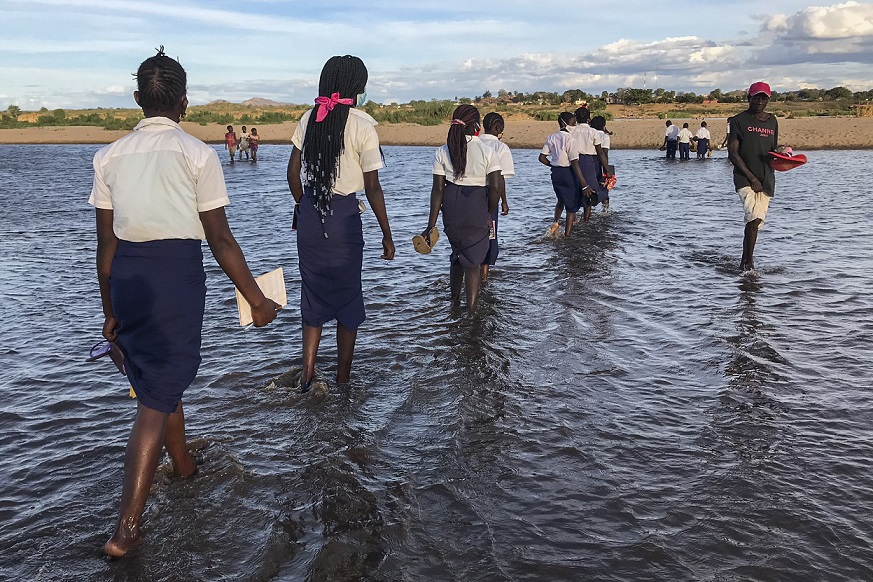

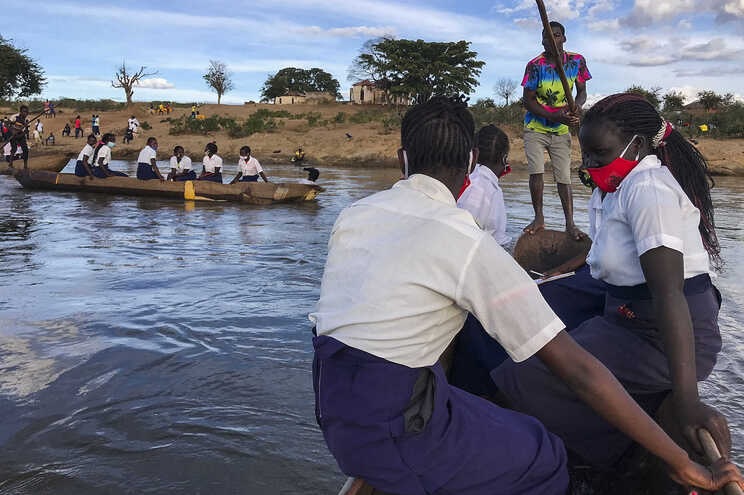
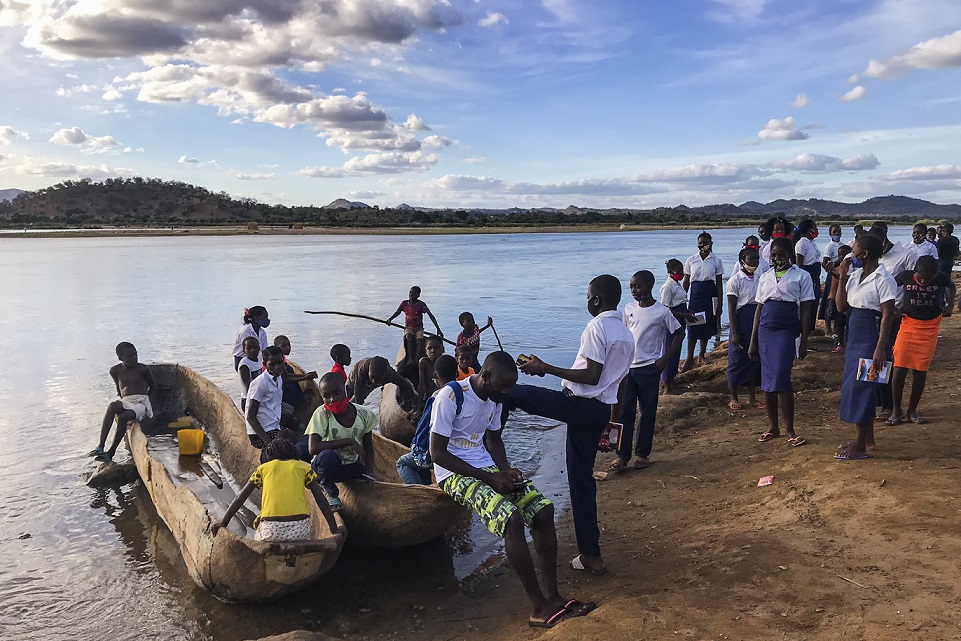
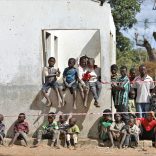

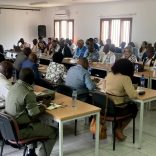


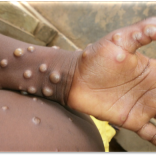




Leave a Reply
Be the First to Comment!
You must be logged in to post a comment.
You must be logged in to post a comment.